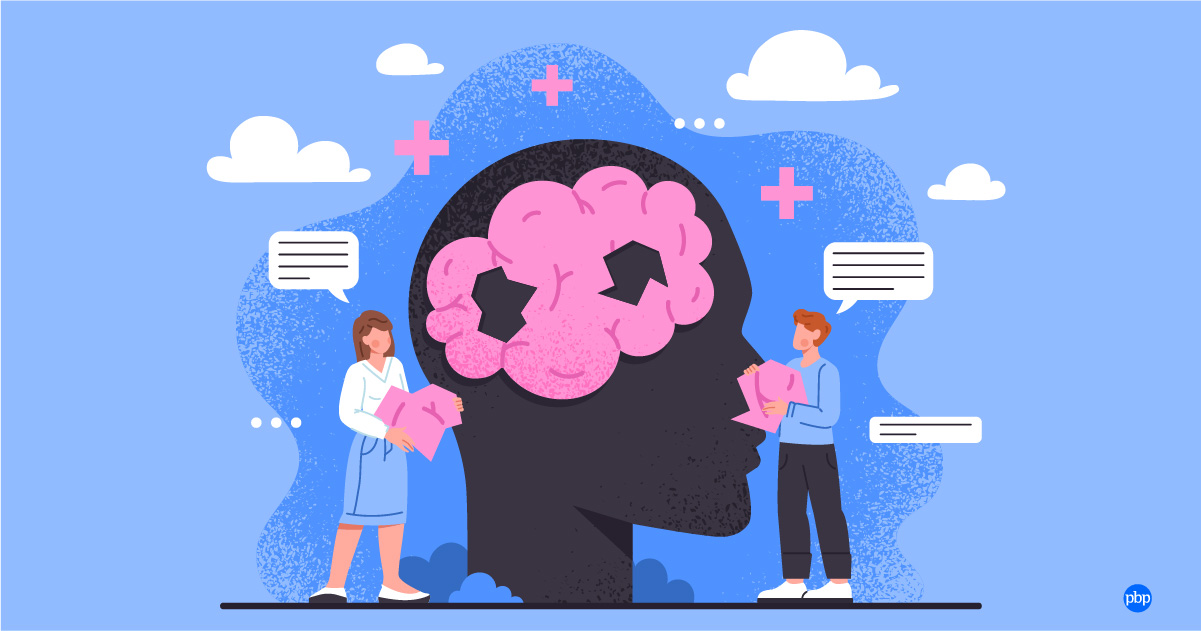India is home to one of the largest populations struggling with mental health issues. According to the National Mental Health Survey 2025, nearly 1 in 7 Indians suffer from some form of mental disorder. Yet, this reality is hardly reflected in insurance claims data.
Despite a growing conversation around mental health, a recent report by Marsh McLennan also reveals a startling statistic: less than 1% of health insurance claims in India are related to mental health issues.
In this blog, we will explore the following
- What is Mental Health Insurance?
- Key Benefits of Mental Health Insurance?
- Key Challenges of Mental Health Insurance
- How to Increase Mental Health Insurance Penetration?
What is Mental Health Insurance?
Mental health insurance covers services that support mental well-being, such as therapy, counseling, telehealth, and in some cases, inpatient care. It eases the financial burden of treatment and promotes early intervention.
Key Benefits
- Financial Protection: Helps cover costs for therapy, counseling, and medication.
- Better Access: Ensures timely help from a range of mental health professionals.
- Normalization: Encourages acceptance by integrating mental health care with overall health.
Key Challenges of Mental Health Insurance- National Mental Health Survey Reveals
Low Claims Utilization
Despite the IRDAI’s 2018 mandate for equal treatment of mental and physical health, less than 1% of total health insurance claims in India are for mental health care.
Coverage Gaps
A significant 83% of organizations report minimal utilization of mental health benefits. Additionally, 42% of individuals either lack mental health coverage or are unaware it exists in their policy.
Limited Access to Outpatient Care
Only 17% of insured individuals have access to outpatient therapy or counselling, critical services for effective mental health support.
High Out-of-Pocket Expenses
49% of individuals identify the high cost of treatment as the biggest barrier to accessing mental health care.
Stigma and Access Barriers
Nearly 48% of employees fear facing discrimination if they seek help, while 21% struggle to find in-network mental health providers.
Regulatory Gaps
Insurance policies still exclude treatments for addiction and rehabilitation services, limiting access to comprehensive mental health care.
How to increase Mental Health Insurance Penetration in India?
The BFSI sector plays a pivotal role in closing the mental health coverage gap. By embedding comprehensive mental health support into insurance offerings, we can foster a healthier, more resilient workforce, laying the foundation for a stronger, future-ready Indian economy by 2047.
Insurance providers must build and sustain a strong, accessible network of mental health professionals, including psychiatrists, psychologists, therapists, and counselors. This network should offer convenient and timely access for policyholders, ensuring effective support when it's needed most. Additionally, widespread public awareness campaigns are essential to break the stigma around mental health and educate people on the value of mental health coverage, paving the way for a more inclusive and empathetic healthcare ecosystem.
To understand more about health insurance plans for mental health, you can read our article
https://www.pbpartners.com/articles/health-insurance/what-is-mental-health-insurance
FAQs
Does health insurance cover mental health?
Review your policy document or contact your insurance provider or agent. Look for terms like “psychiatric disorder coverage” or “mental illness inclusion.
Can therapy or counseling sessions be claimed under insurance?
Most standard policies don’t cover outpatient therapy or counseling sessions. However, a few insurers now offer mental wellness add-ons or OPD (Outpatient Department) cover that includes such treatments.
How to Restore Mental Health?
Restoring mental health involves a balanced approach that includes lifestyle changes, professional support, and consistent self-care. Prioritize regular physical activity, a nutritious diet, and adequate sleep. Don’t hesitate to seek help from a mental health professional, and maintain strong social connections to feel supported and heard.









